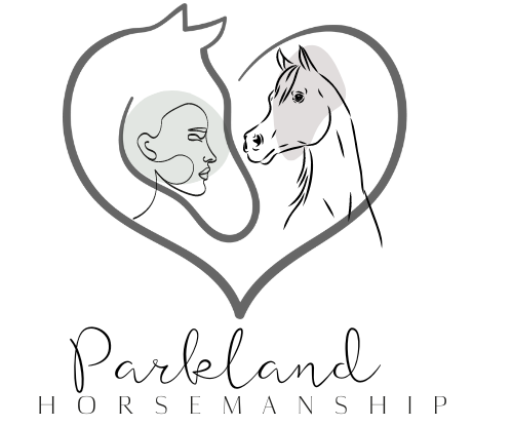Equine-assisted learning (EAL) is an experiential learning approach designed to foster life skills development for educational, professional, and personal purposes. Facilitated by professionals with extensive experience working with horses.
Horses are masters at nonverbal communication and adept at reading human energy and intention. Horses can help build self-confidence, emotional regulation and trust in people.
1. Build Confidence and Self-Esteem
Learning to ride and care for horses is an effective way to develop both confidence and self-esteem. Few activities compare with the feeling of accomplishment from mastering new skills while earning trust from such powerful animals.
Horses have been shown to help individuals who have experienced trauma or anxiety regulate their emotions more efficiently, provide comforting presences and nonjudgmental environments to facilitate healing, and promote recovery.
2. Reduce Stress and Anxiety
Ride and care of horses can be very relaxing activities that help take away some of your worries for an afternoon or two.
Horses are keen observers and react without judgment to human behaviors and emotions, helping people feel understood. Physiological data and self-reports showed significant decreases in cortisol levels while increases were noted for oxytocin production.
3. Develop Self-Awareness and Self-Management
Horses need to learn to manage themselves within acceptable boundaries to thrive within herds. Horses offer an unjudgmental environment which encourages emotional regulation, effective communication and setting clear boundaries in life skills development.
STAR programs can be offered either individually or as group retreats and workshops. Individual goals are discussed before EAL horsemanship activities are tailored to help reach them; creating an experience that is safe, supportive and empowering for participants.
4. Develop Emotional Regulation and Self-Control
Horses offer individuals a valuable resource in learning to manage their emotions and build trust through nonjudgmental attachment transactions that help rewrite past trauma stories while providing present-moment connection.
Kindle Hill Foundation provides EAL, an innovative personal growth and development series that integrates equine assisted learning with counseling from a Master’s in Counseling candidate. Group and individual sessions are available.
5. Develop Self-Discipline and Self-Awareness
Horses are masterful at sensing their environment and responding to subtle signals, helping people stay present as an invaluable way of supporting emotional and social wellbeing.
Studies have demonstrated the ability of equine-guided activities to offer participants opportunities to identify and comprehend their emotions in a nonjudgmental setting, leading to greater self-awareness across multiple areas of their life.
6. Develop Communication Skills
An encounter with a large and powerful horse provides people with natural opportunities to overcome fear and build self-confidence, which allows them to improve their communication skills and ultimately make lifelong friendships.
Research has demonstrated that horses can read human body language and understand certain gestures. Furthermore, they can quickly recognize patterns in behavior.
Communication often depends on nonverbal cues. Horses can detect the energy of individuals and respond accordingly.
7. Develop Social Skills
Young people benefit greatly from interacting with horses as a means of developing communication and bonding in an impartial and nonjudgmental way. Furthermore, interactions allow them to practice mindfulness by being present and learning to focus on the present; and become assertive and confident within a safe environment.
Horses have also been shown to assist individuals in connecting to their emotional experiences by reflecting them back at them. One study demonstrated that teens participating in an 11-week horse activity program demonstrated greater social competence compared to wait-list control group participants.
8. Develop Self-Awareness and Self-Management
Management of horses requires immense self-awareness. Working with these powerful animals helps people learn to attune to their physical and emotional boundaries while building trusting relationships and strengthening connections.
Horses’ ability to read emotions and feelings provides an invaluable means of helping individuals develop emotional regulation, self-control, and awareness – often known as Emotional Intelligence or “EQ”.
9. Develop Self-Discipline and Self-Awareness
Spending time with horses helps build life skills such as trust, honesty and connection while simultaneously teaching lessons in communication and respect.
Learning to recognize and respond appropriately to a horse’s subtle body language cues helps develop self-awareness and an awareness of one’s boundaries – an invaluable skill useful in all relationships and situations, but requires discipline and commitment from you as an observer.
10. Develop Communication Skills
Horses have an uncanny knack of sensing nonverbal signals from humans. They understand body language which plays an integral part in building trust and creating meaningful relationships.
Participants of Horse + Bow’s leadership development and team-building programs learn to read a horse’s body language – such as ear positioning, tail swishing and nose-to-nose greetings – as part of leadership and team building exercises. Furthermore, controlled communication exercises help participants strengthen communication skills.

